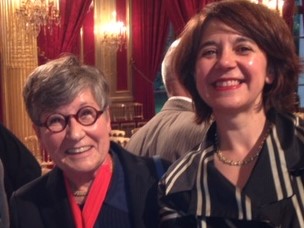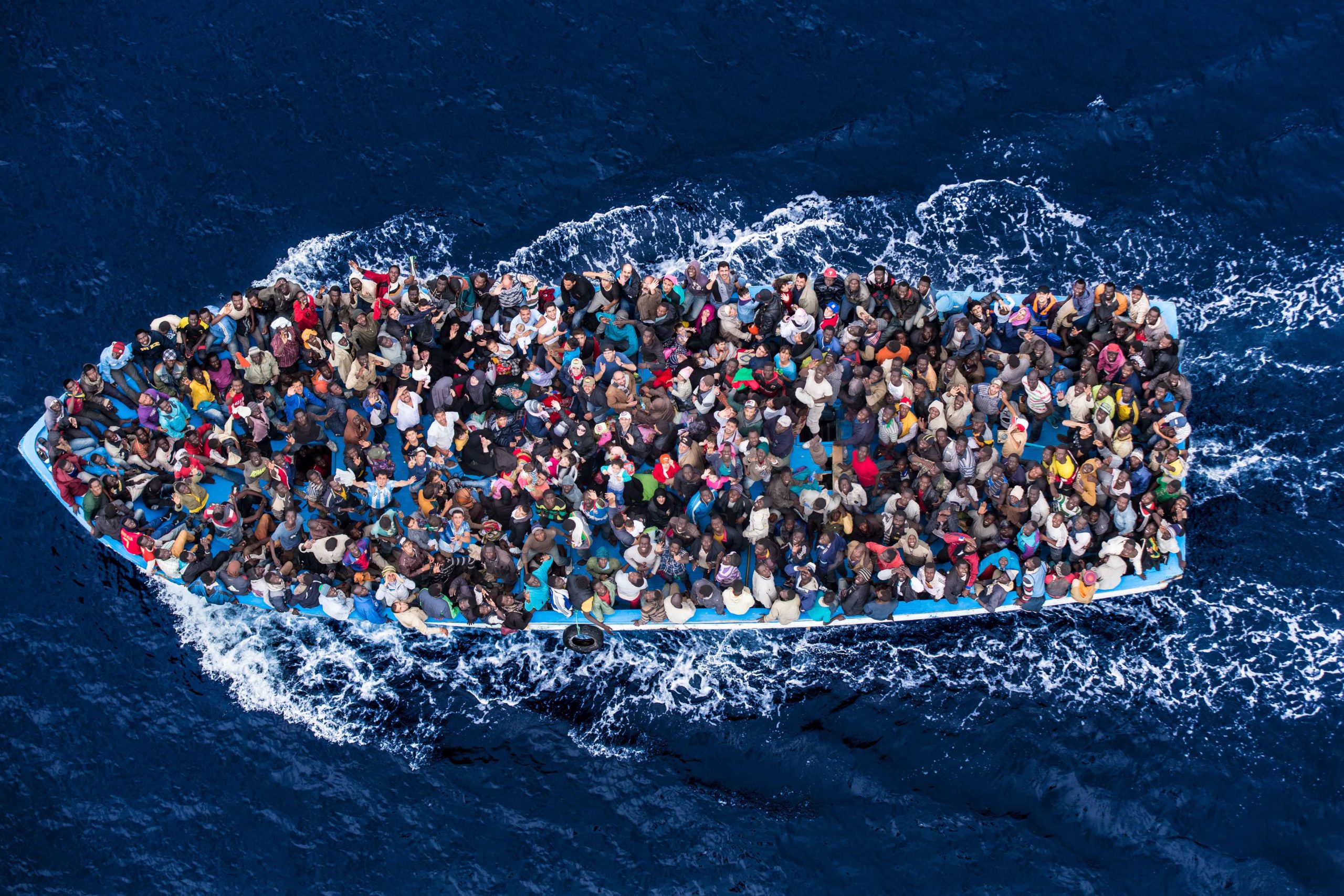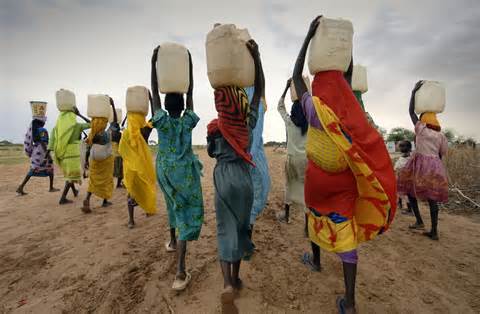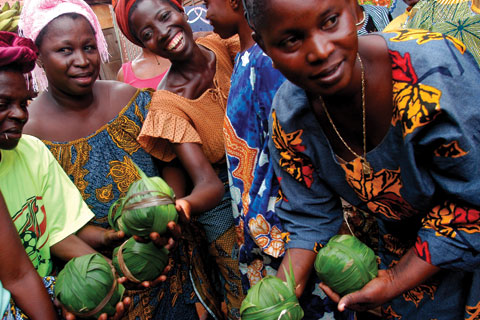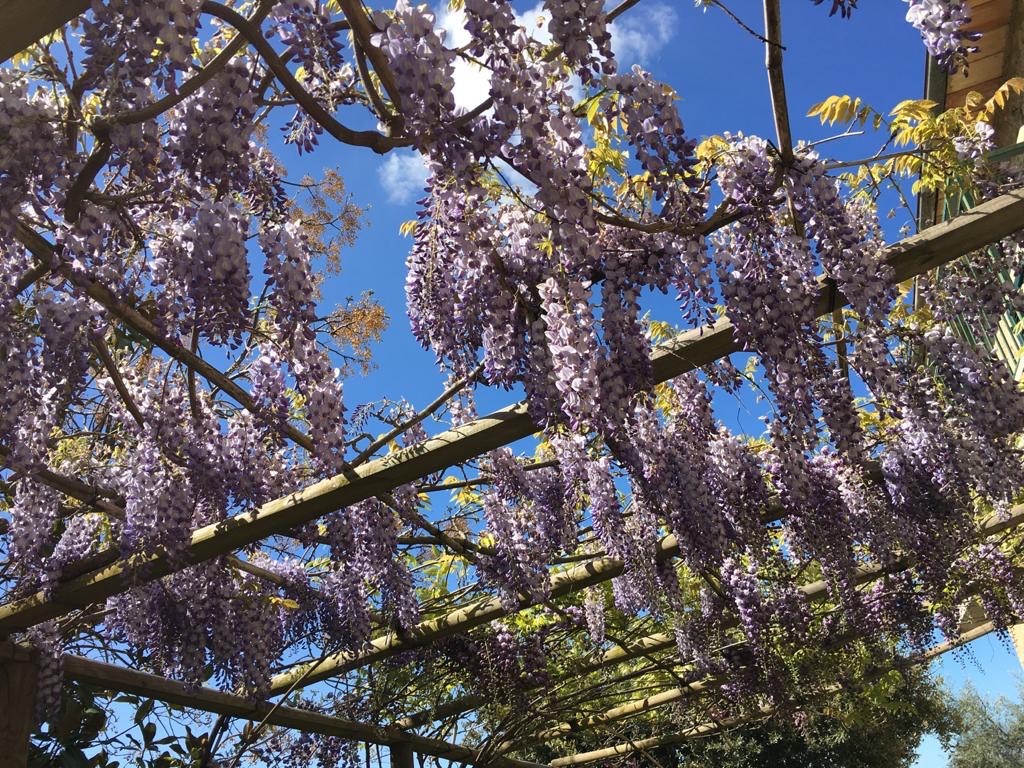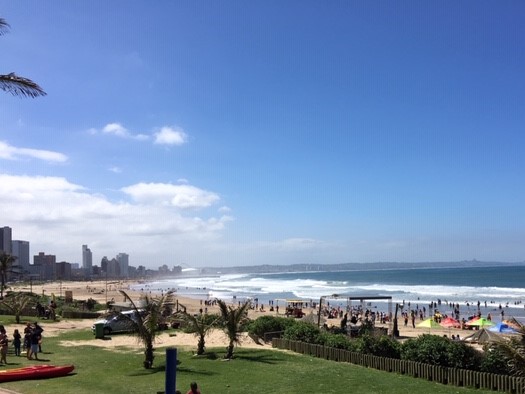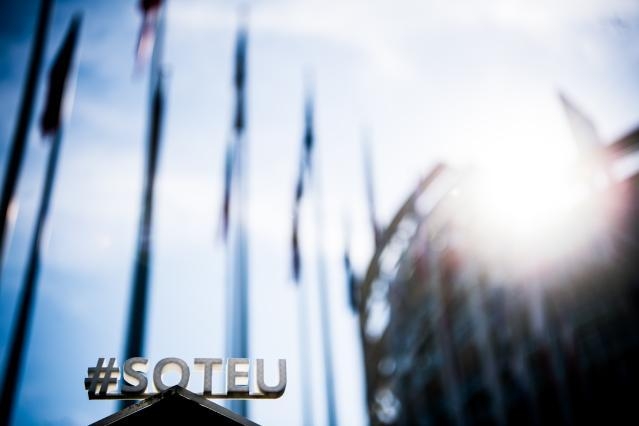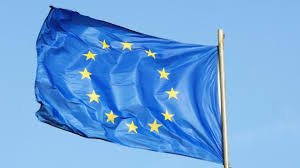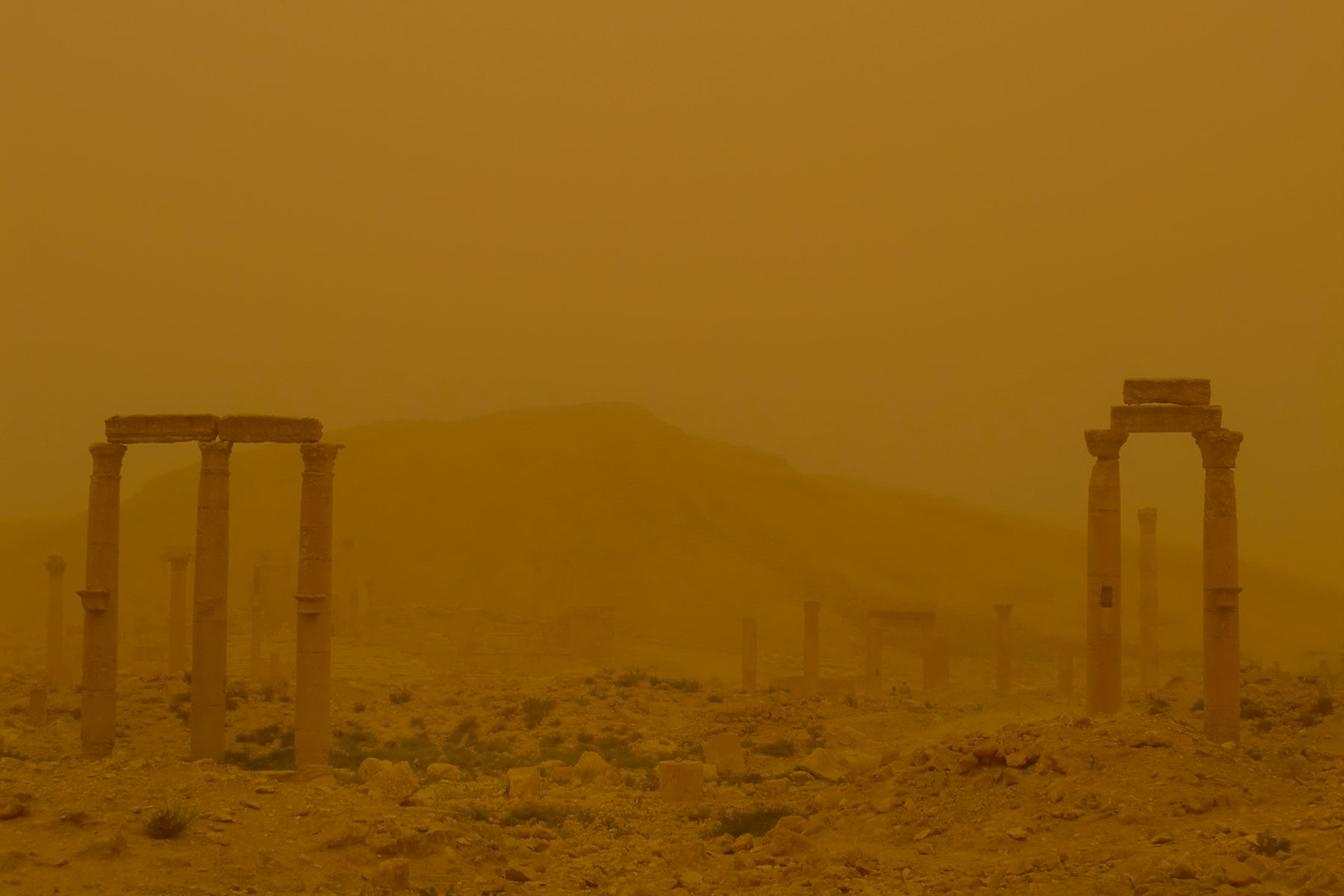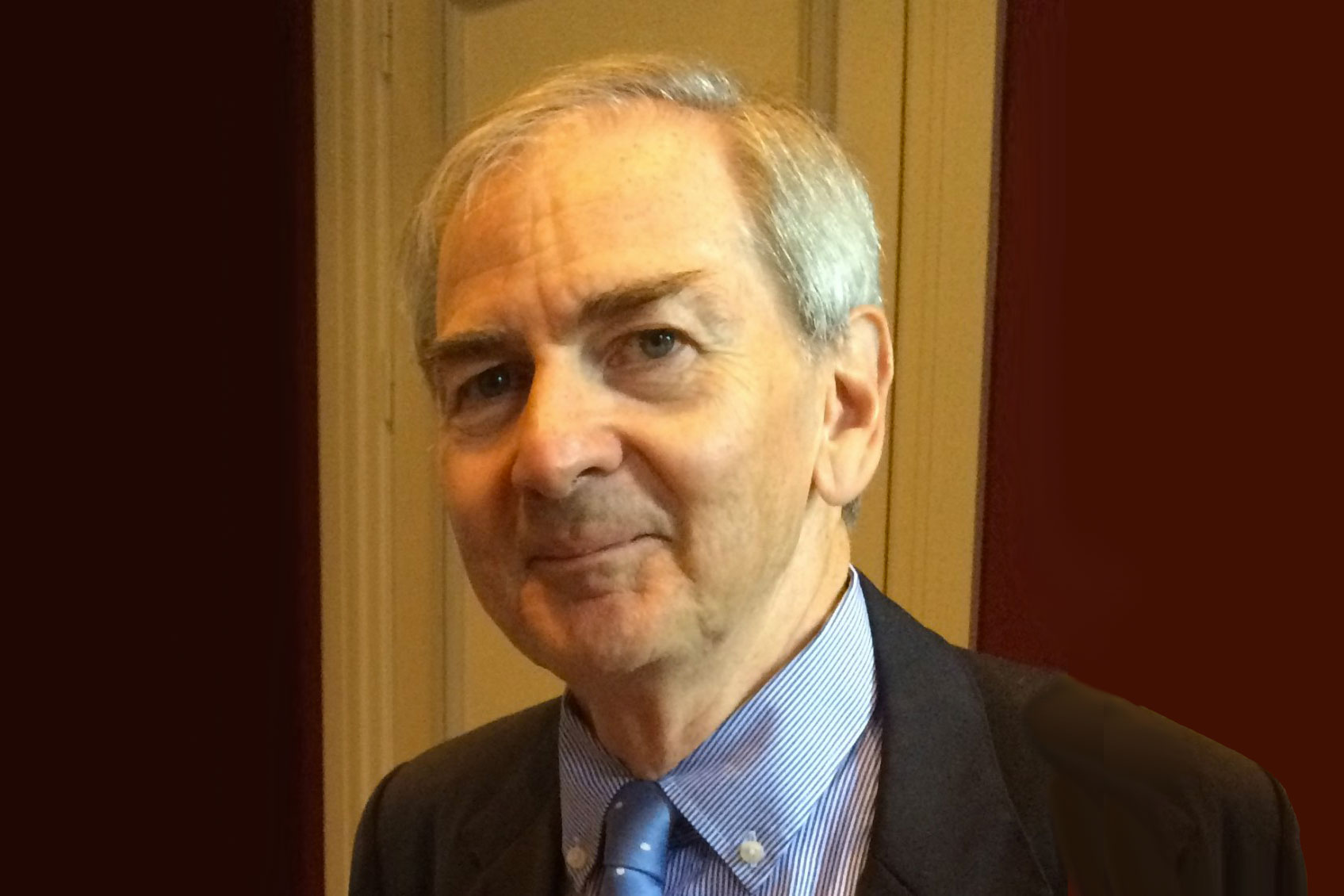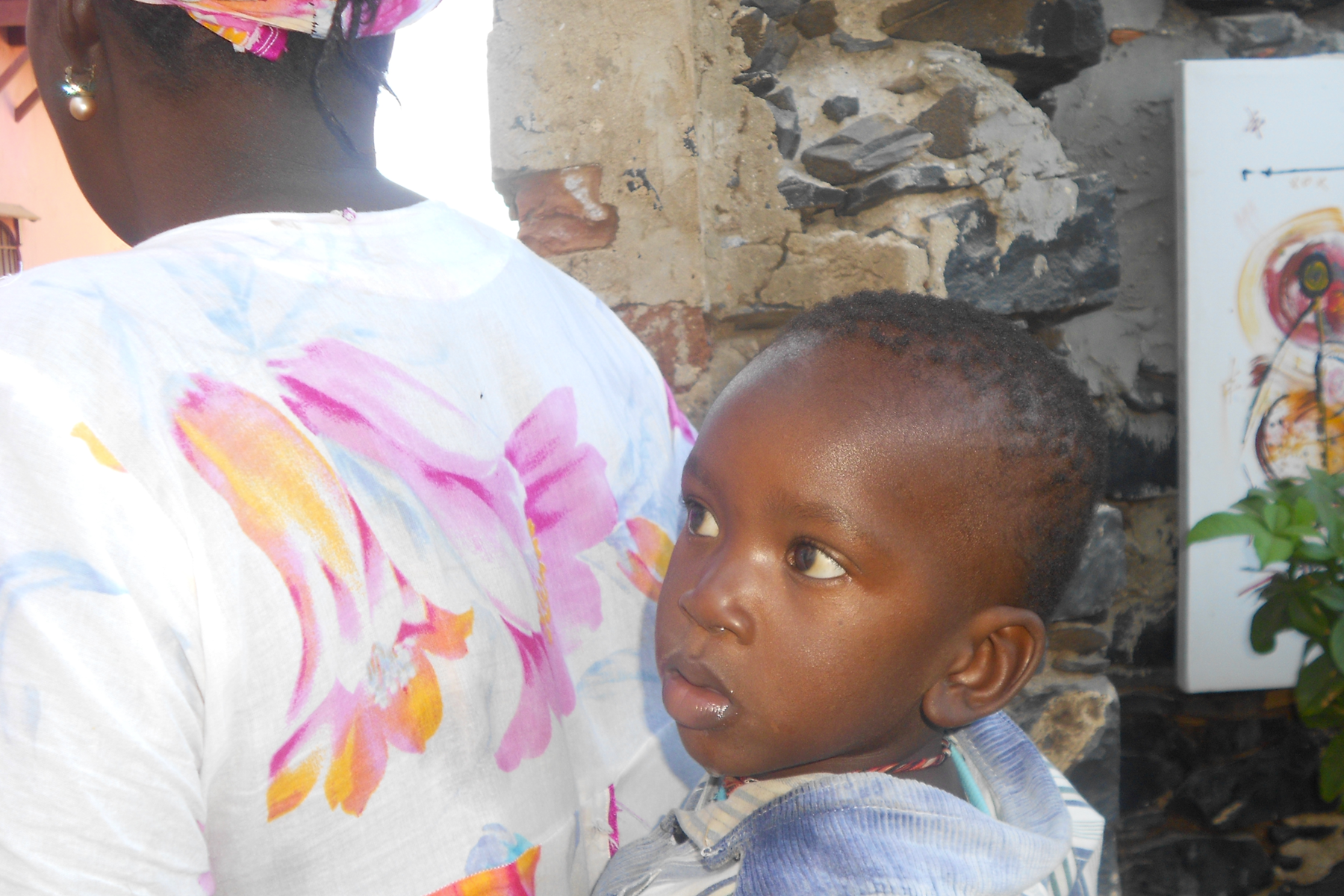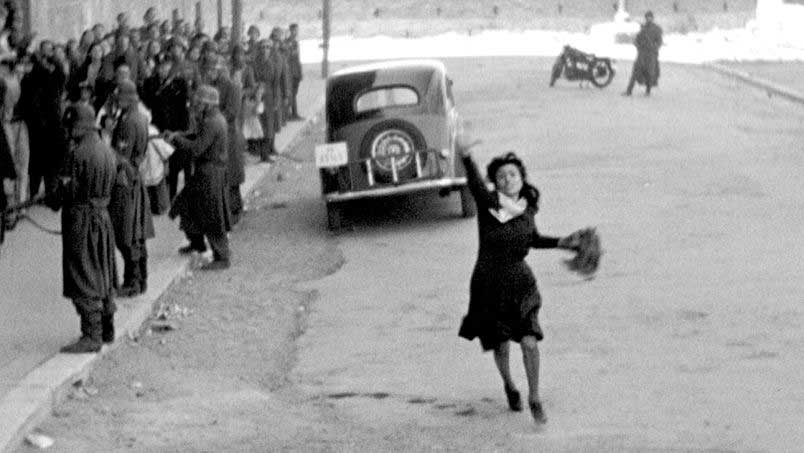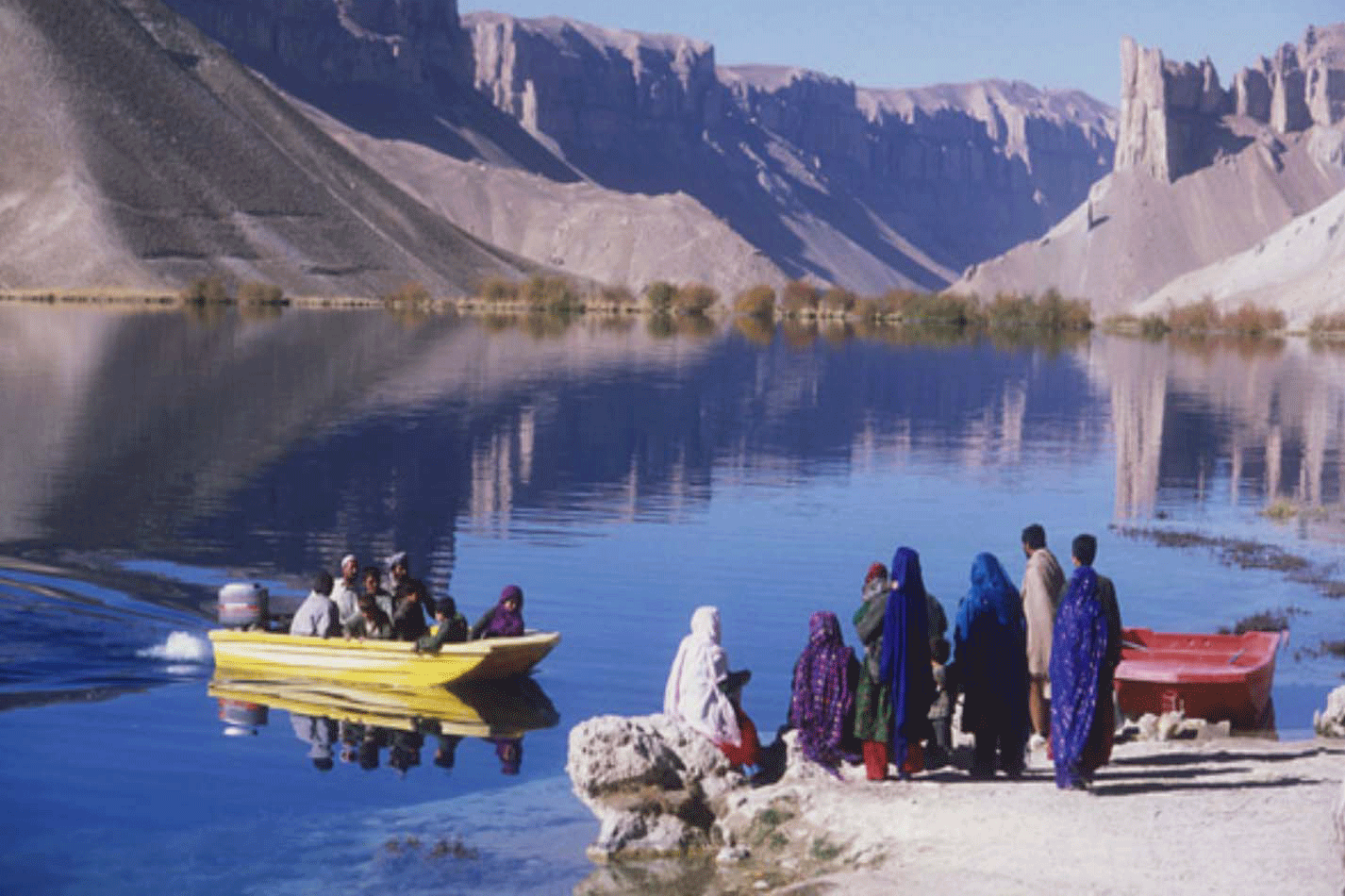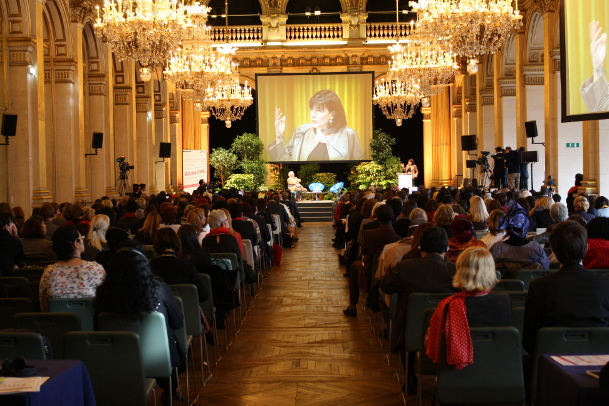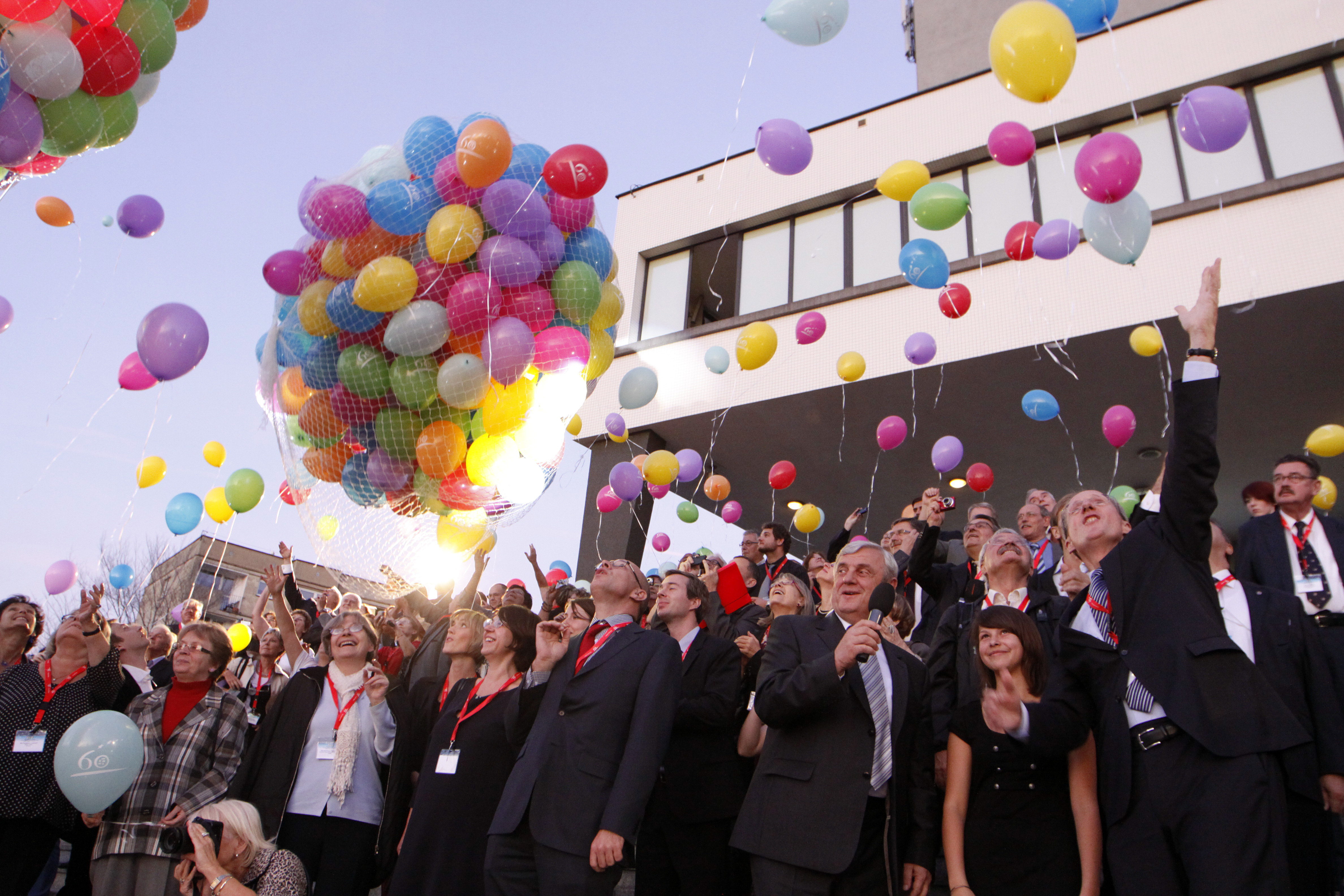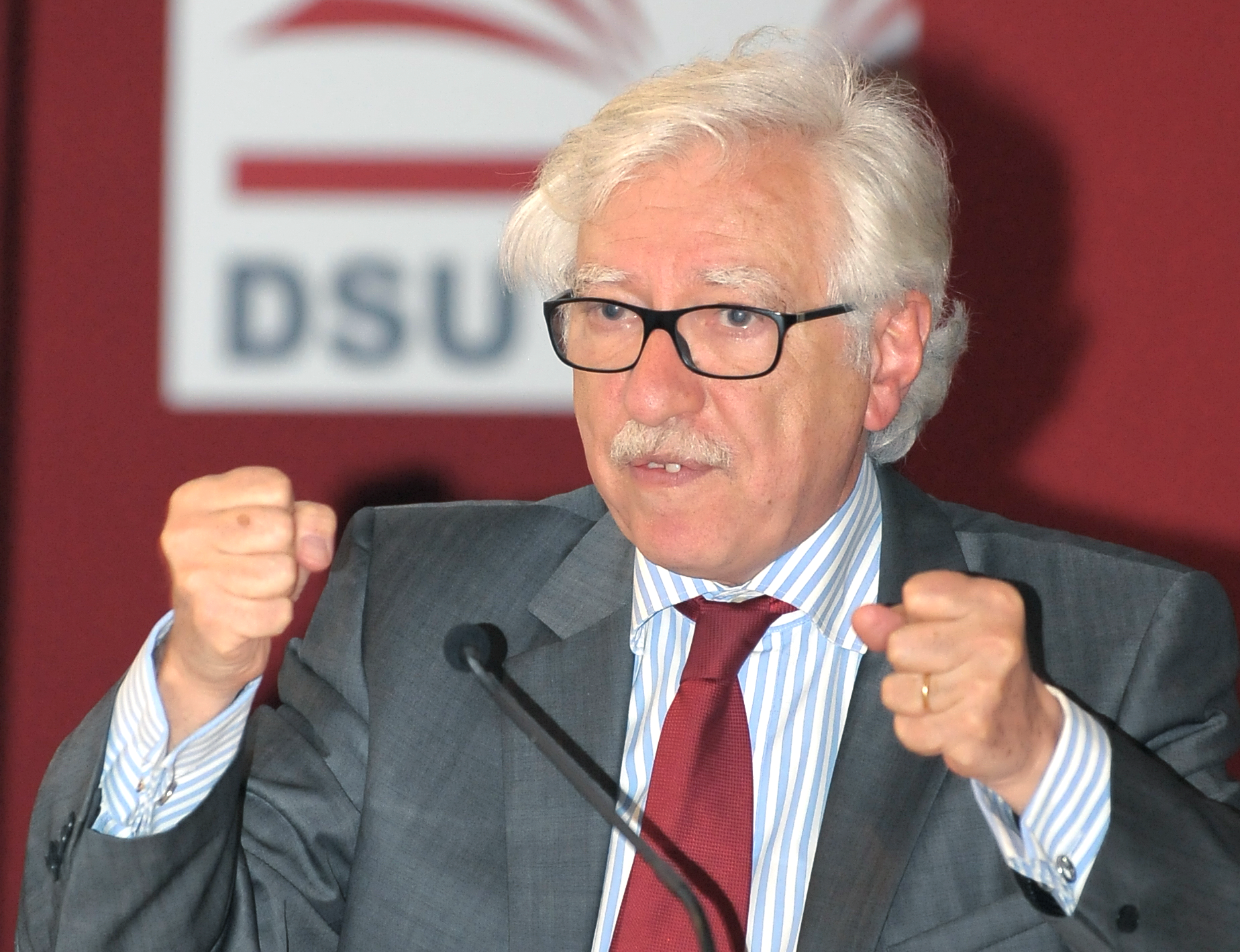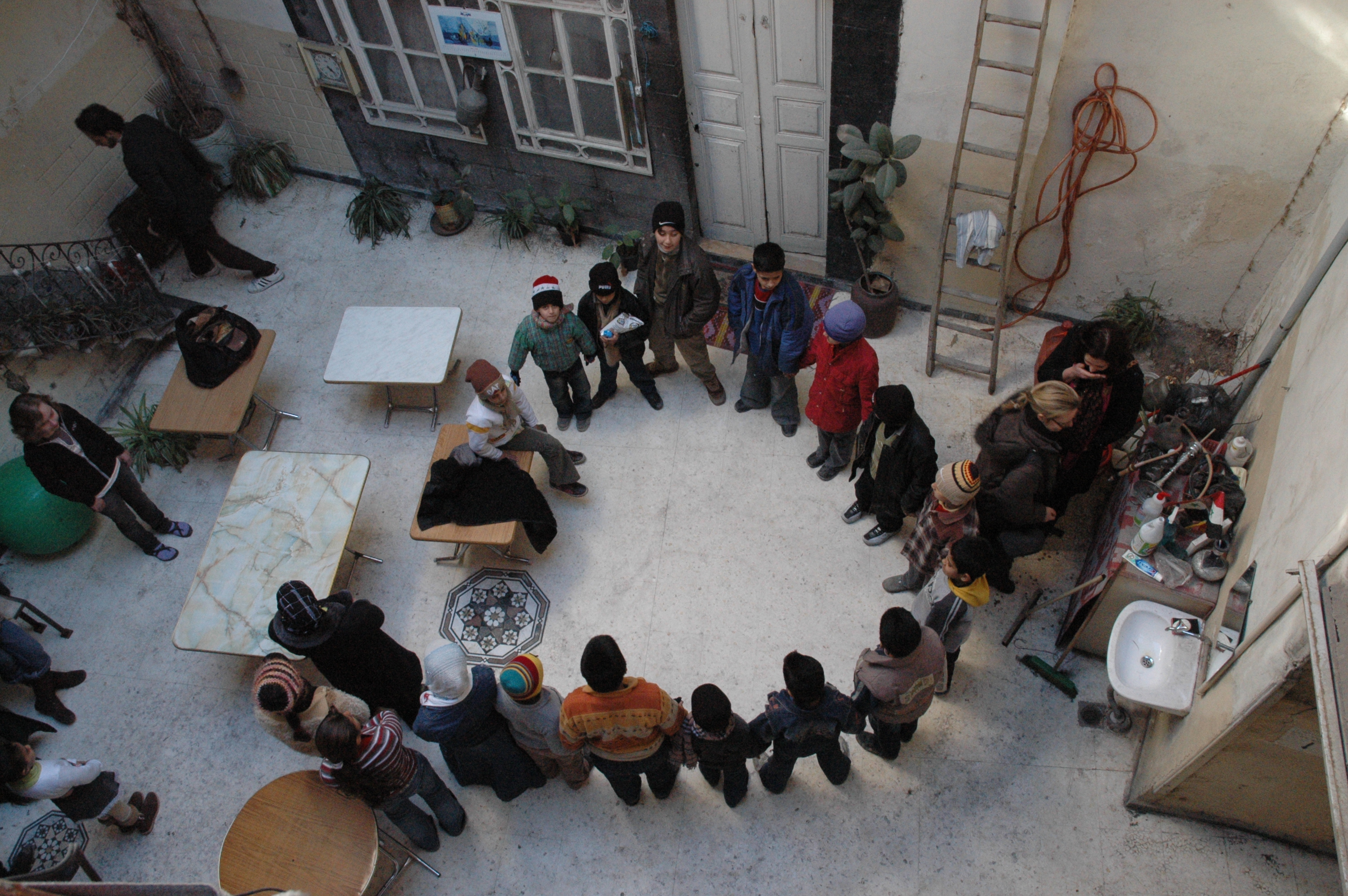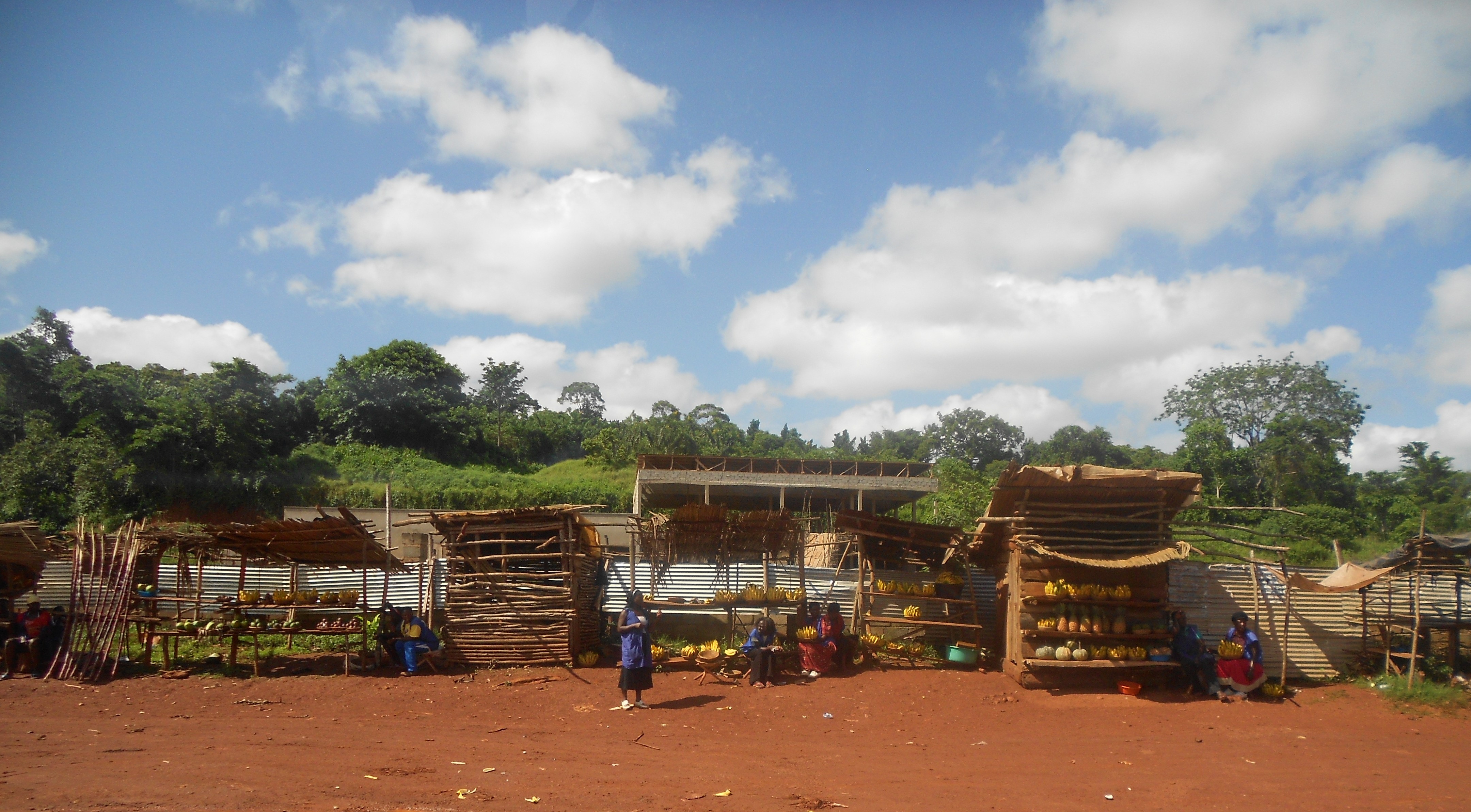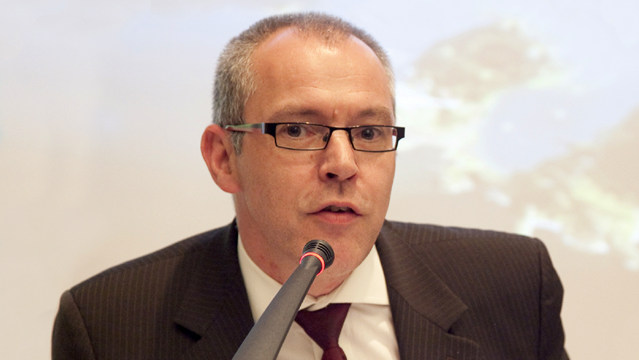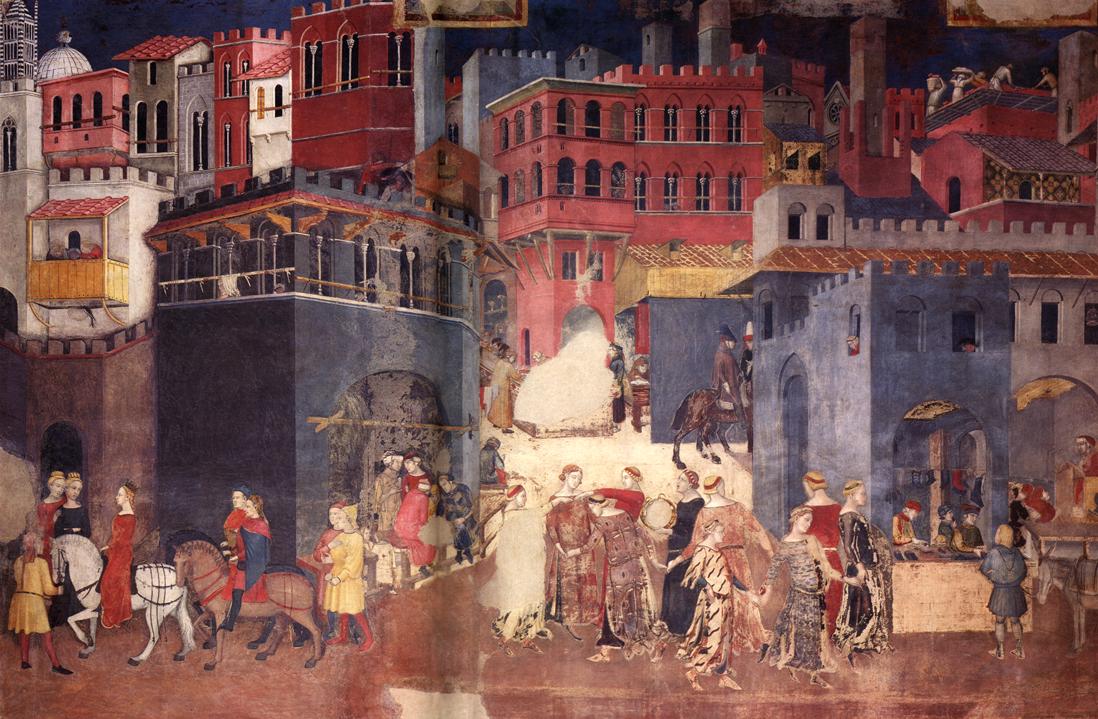A Charter for Women of the Mediterranean
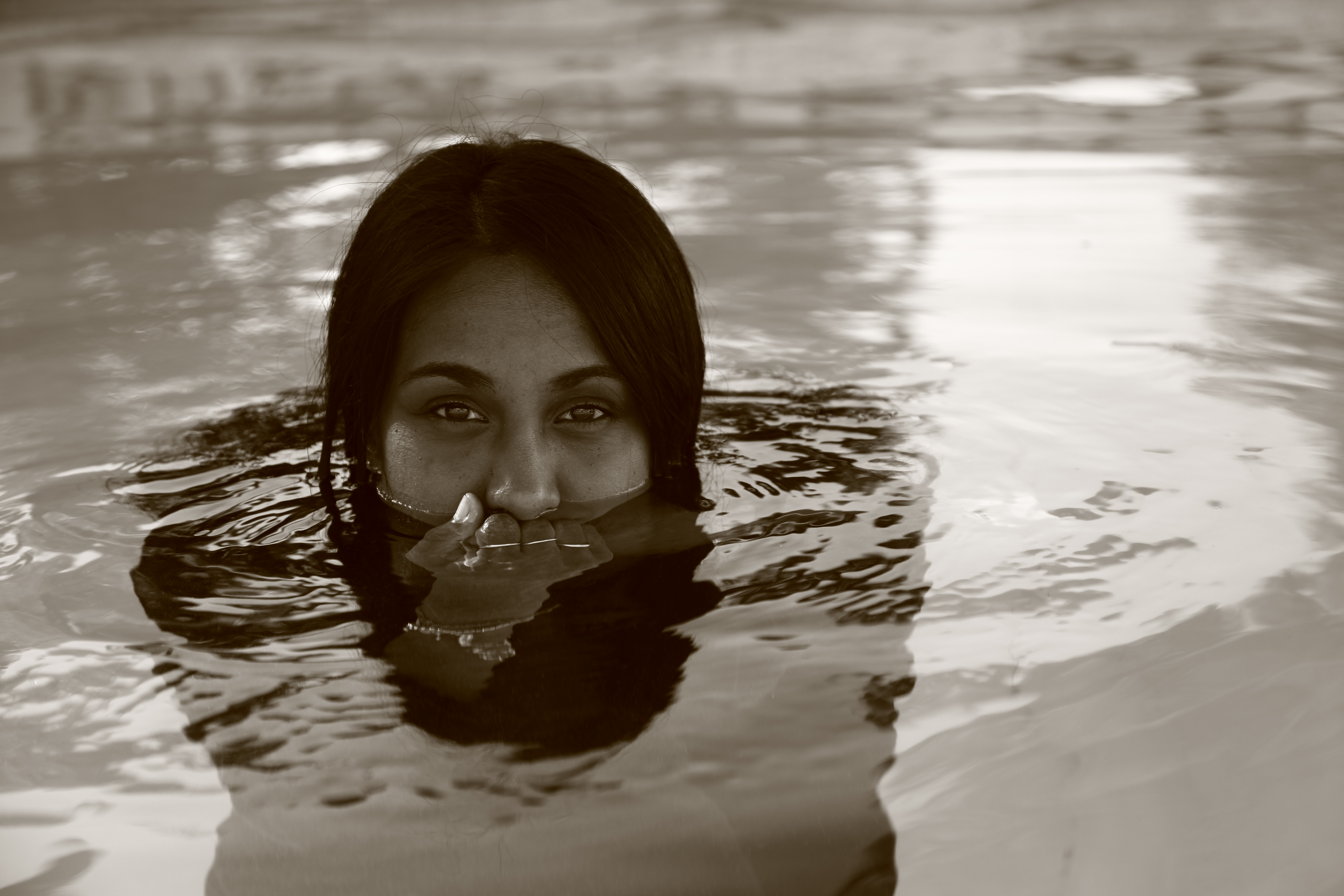
The Charter for equality of women and men at local level in the Euro-Mediterranean region is a project initiative of COPPEM(1), financed by the European Union through its neighbourhood policies (DG NEAR), in which I have been invited to take part as an expert consultant.
Different partners from the Mediterranean Basin have participated in the project, such as FEMP(2) and the Association of Municipalities of Malta as well as different entities from the southern shores, non-EU members with most originating from Algeria, Tunisia, Egypt, Palestine and Turkey.
The definitive version of the Charter, which will be presented at the final Conference of the project being held in Madrid, at FEMP’s invitation, on 21-22 November, was approved in Palermo at the meeting held on 30 September-1st October 2016.
The initiative behind this Charter and the work that it entailed presented major challenges right from the start, given the themes it raises and at a time when many of these countries are undergoing a difficult transition period.
The situation for women in most of these countries is an alarming one, particularly since many reports now say that the world’s future development will be contingent on the role of women. In this regard, it has not been shown that the Arab Spring has had much effect. Spring has quickly given way to autumn or even winter, and the status of women has certainly worsened in some cases, as can be clearly seen in the countries that have been torn apart by conflict.
While the new Tunisian Constitution represents a significant step forward insofar as it acknowledges that equality between women and men is a fundamental right and also recognises other important rights for women, the statistics for other countries like Egypt, which I have gotten to know much better of late, show how much effort still needs to be made to help the women in these countries.
For my research on Egypt, I used the data from the United Nations’ CEDAW committee that was presented by the Ambassador to CEDAW, whom I have had the pleasure of getting to know and whose extensive and detailed work represents an invaluable source of information. These reports predated the 2011 revolution, which involved notable contributions made by women. Since then, Egypt has faced continuous instability, with two presidents, two constitutions and several governments.
The 2014 Constitution contains articles promoting rights for women: Article 6 on citizenship states that “citizenship is a right held by anyone born to an Egyptian father or an Egyptian mother” (which was not previously the case); Article 11 recognises the equality of women and men in the area of civil, political, economic, social and cultural rights; Article 180 concerns women’s access to political power and stipulates, for example, that election procedures are to allocate one-fourth of seats on local councils to women.
However, many feel that women’s political representation is not a clear-cut indicator of their role in Egyptian society, where their position remains drastic. The following data are from a recent Amnesty International report: 99% of Egyptian women and young girls have been victims of sexual harassment, 47.4% of married, divorced or widowed women have been victims of marital violence; 91% of women in Egypt have undergone genital mutilation and, since 2011, punishment was handed down in only a single case. Other data are telling of the situation facing women in Egypt: at least two million women (out of a total population of 82 million) do not have personal identification documents, which means that they cannot vote, work, have a bank account or be entitled to other rights, simply because, for their country, these women do not exist! Lastly, even if not in terms of significance, 37.3% of women are illiterate. According to a recent survey, the situation of women in Egypt has currently deteriorated to one of the worst in the Arab world.
Yet, the progress to be made in all areas is important and, in this regard, it is critically important to underline the significance of international legal texts in protecting women’s rights, as was done in the Charter’s introduction: the United Nations’ Universal Declaration of Human Rights and the European Union Treaties, the UN’s 1979 CEDAW Convention, the Beijing Declaration of 1995, the UN’s resolutions on “Women, Peace and Security” as well as the Palermo Convention against organised crime and other texts that serve as a reference and which are of particular relevance today such as the Istanbul Convention on preventing and combating violence against women.
The idea of a Euro-Mediterranean Charter for the equality of women and men in local life was inspired by the European Charter launched by CEMR in 2006, which will be celebrating its 10th anniversary this year.

The Euro-Mediterranean Charter for the equality of women and men in local life represents an important instrument first and foremost because of the issues in the text on which the representatives from different countries in the north and south of the Mediterranean Basin have come to an agreement.
Here is an example of some of them: equality in political representation, combating violence against women, including so-called honour crimes, physical and psychological violence, genital mutilation, forced marriages, human trafficking, security and protection of women in armed conflicts including women refugees and minors. The Charter emphasises the right of women to receive an education, to work, to have access to assistance services and to culture. It also includes a reference to the situation of women in poorer countries where their role in developing the economy and having access to microcredit and to international cooperation projects are essential if, as advocated by the UN, the contribution of women can lead to a 20% gain in global growth rates.
Upon reading the text of the Charter, it becomes clear that the endorsement of signatories cannot be considered a given; and its application even less so. However, the document already represents a very important achievement as its drafting is the result of many meetings and exchanges between the representatives of different partner countries.
Now, the phase of signing on to the Charter begins – an invitation to adhere to its principles that is being extended to all local authorities from the south and north of the Mediterranean. Securing the adherence and cooperation of NGOs, universities, foundations and any other organisations that have significant contact with civil society in the territories also seems highly advisable. These actors will be able to help raise the population’s awareness and understanding of the document. The role to be played by governments will also be crucial.
The first signatories, who will validate their commitment at the Madrid Conference, will be able to encourage other signatories by explaining the political impact of the Charter and its value from the perspective of upholding respect for human rights. The UN has included gender equality as one of the 17 goals on its 2030 Agenda. Ban Ki Moon has stated that if the world wishes to eliminate poverty, it cannot continue to ignore the lot of half of its population, which is what women represent.
Women are the central figures of many of the tragedies that are today transpiring in the Mediterranean: in the boats that sink in the middle of the sea, where women often die with their children, sometimes even with the unborn that they are carrying, in houses where they are killed and suffer indescribable violence, in wars that are destroying entire countries, in refugee camps, in the fields where they work under inhuman conditions, even in Europe.
Modern society, our democracies, our governments can no longer tolerate these injustices. They must not. This Charter is indeed very ambitious. But we need to start somewhere! The rights that are recognised in this Charter represent an extraordinary starting point for all the countries around the Mediterranean and prove that dialogue is possible is the political will to do so exists.
1)The Standing Conference of Local Authorities of the Mediterranean, which supports the Sicilian Region and whose headquarters are in Palermo.
2)The Spanish Federation of Municipalities and Provinces (FEMP)
(2




 All news
All news
